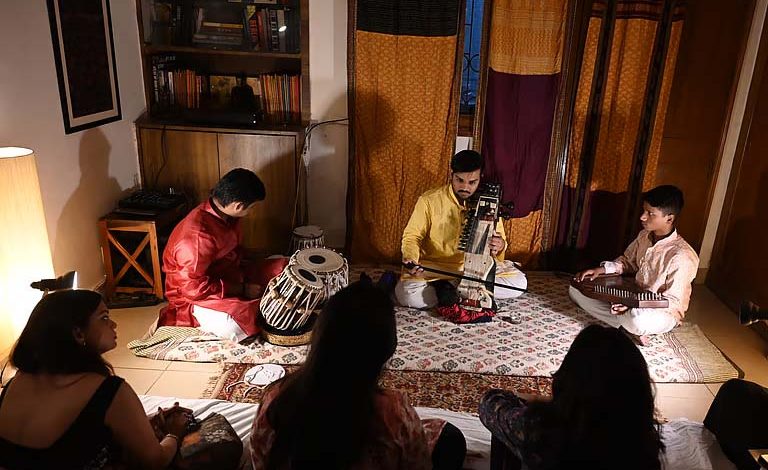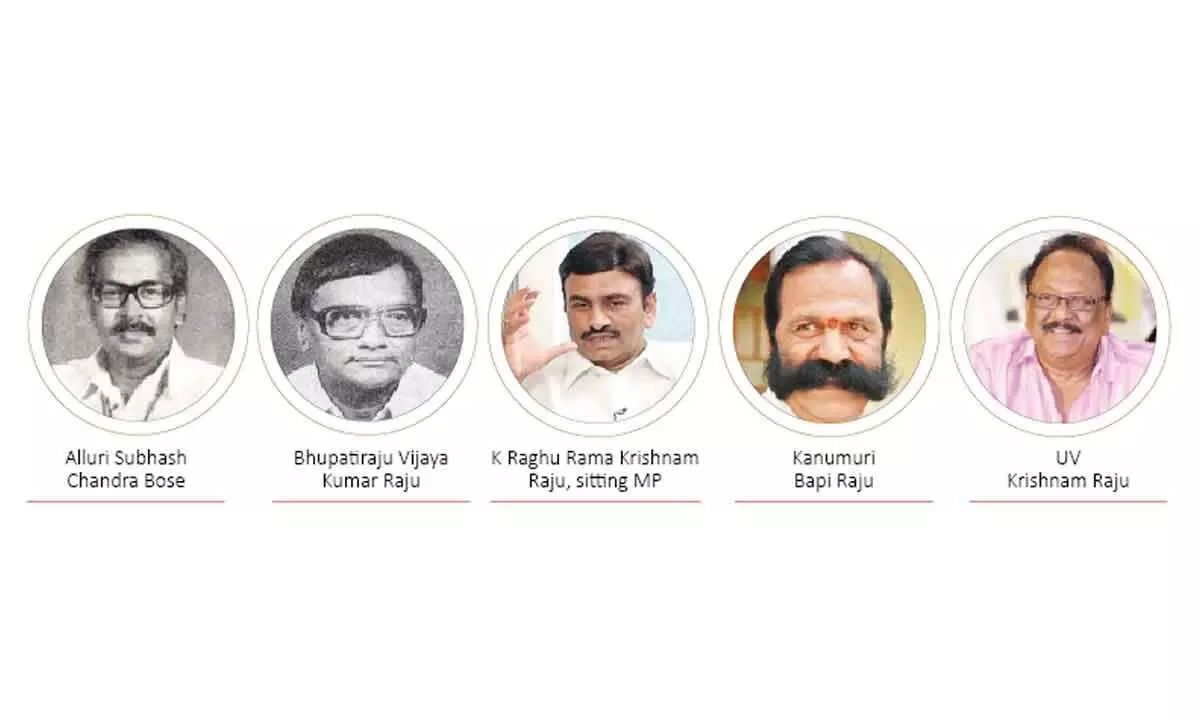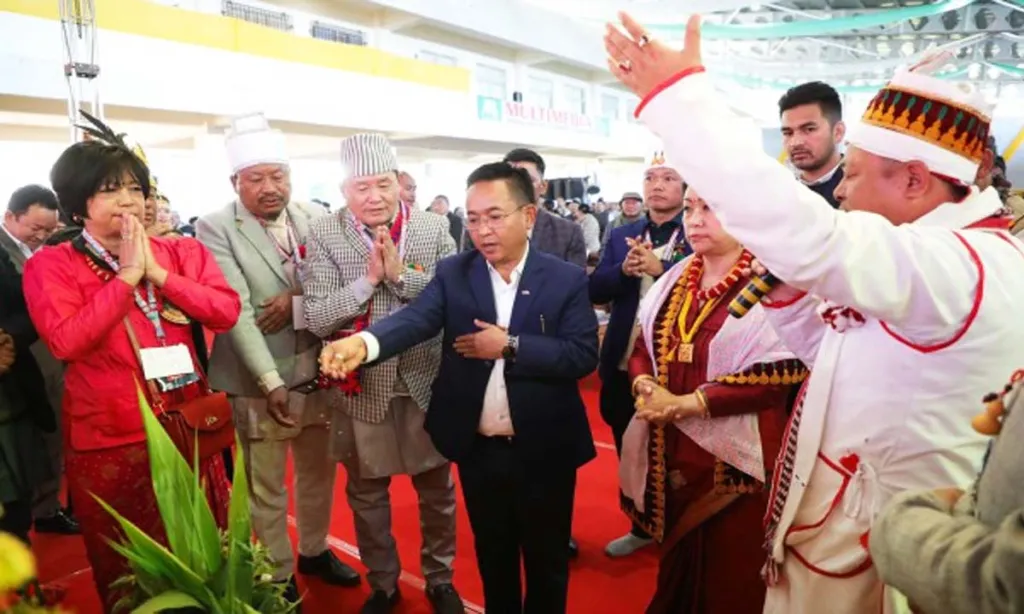Music comes back home: Delhi couple brings classical music back to home gatherings

Sukanya Banerjee moves through the crowd in her living room with ease — part host, part friend, part stage manager, she greets her guests warmly while juggling introductions and her two curious pups. Somehow, everyone knows her. Meanwhile, her husband Tejas Jaishankar is in the kitchen, brewing tea. He enthusiastically offers it to those who have gathered.
One by one, people enter the living room, and choose their spot on the floor. The pups weave in between the guests like they belong — because they do. Soon, the rhythms of a sarangi ripple softly through the space, accompanied by tabla beats. As the last guests trickle in, the lights dim and conversations hush — for the next few hours, Delhi’s loud, rushed mood disappears. This isn’t a concert hall. It’s ‘Upstairs with Us’, an intimate, at-home concert series in the couple’s Vasant Kunj apartment, where Indian classical music has found its home. In Hindi, baithak means “a sit-down gathering”. It traditionally refers to informal performances in homes or courtyards, but the couple say they do it differently.
“Usually, baithaks are for people separated from you by, at the most, three degrees. But we’ve opened ours to strangers and fellow music lovers across the city,” says Banerjee, inviting them to listen to how music is always meant to be—up close, unhurried, and shared.Just listen
The couple started the initiative, then called ‘Evening Raag’, in 2018, to create a paying audience that values classical musicians—emotionally and financially. “Our goal is to create an audience that’s there to listen—not necessarily musicians themselves,” says Jaishankar. After a pandemic pause, the home concerts returned as ‘Upstairs with Us’.
Jaishankar points to long-standing issues in classical music: “There’s an assumption that anyone attending must be an artiste or student—there’s no true listening audience.” The culture of free classical music concerts in Delhi also often leaves artists unpaid and undervalued. “There’s no ticketing system and no way to get money,” he says. Thus the concerts at ‘Upstairs with Us’’ are ticketed at `2,000 per head, with the majority of the proceeds going directly to the artistes. “Most concerts don’t appear on platforms like BookMyShow or Zomato. From the outside, it feels like nothing’s happening—when actually, something happens every week,” adds Jaishankar.
Banerjee grew up steeped in classical music—her family full of performers and music teachers. For her, ‘Upstairs with Us’ is both inheritance and intention. Unlike her, Jaishankar didn’t come from a classical background but had studied Western classical and jazz guitar. He represents the kind of listener Banerjee hopes to welcome: curious but previously excluded. “For me, it’s not about nostalgia or revival,” she says. “It is about access.”
She found classical spaces rigid and coded with expectations—how to dress, what to say, how to behave. “We wanted to change that and offer cultural richness without judgment, where people could ask questions without feeling judged,” she says. ‘Upstairs with Us’ reimagines those spaces—keeping the beauty of classical music but shedding the elitism. “It’s wishful thinking turned real,” she says, “a more liberal version of something I once longed for.”





